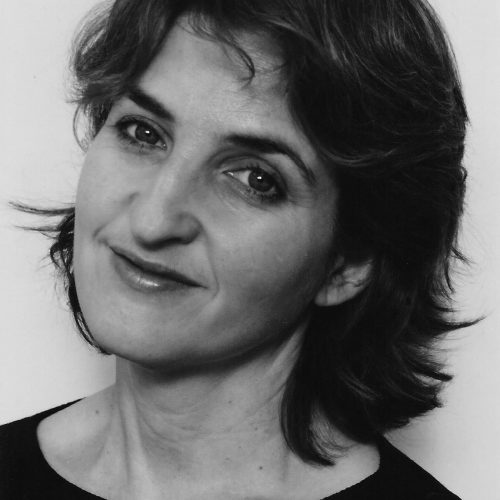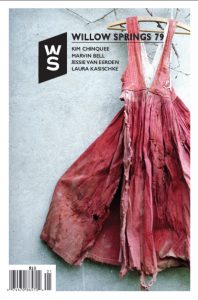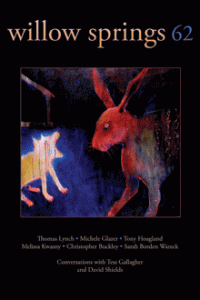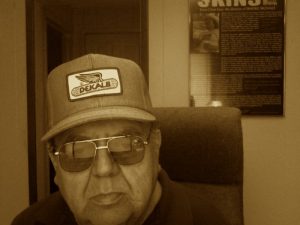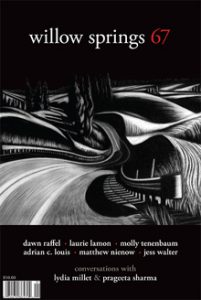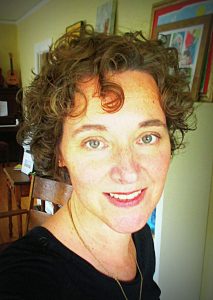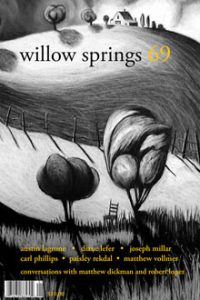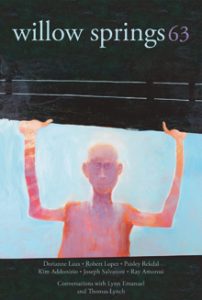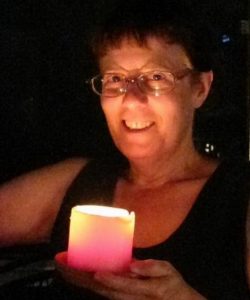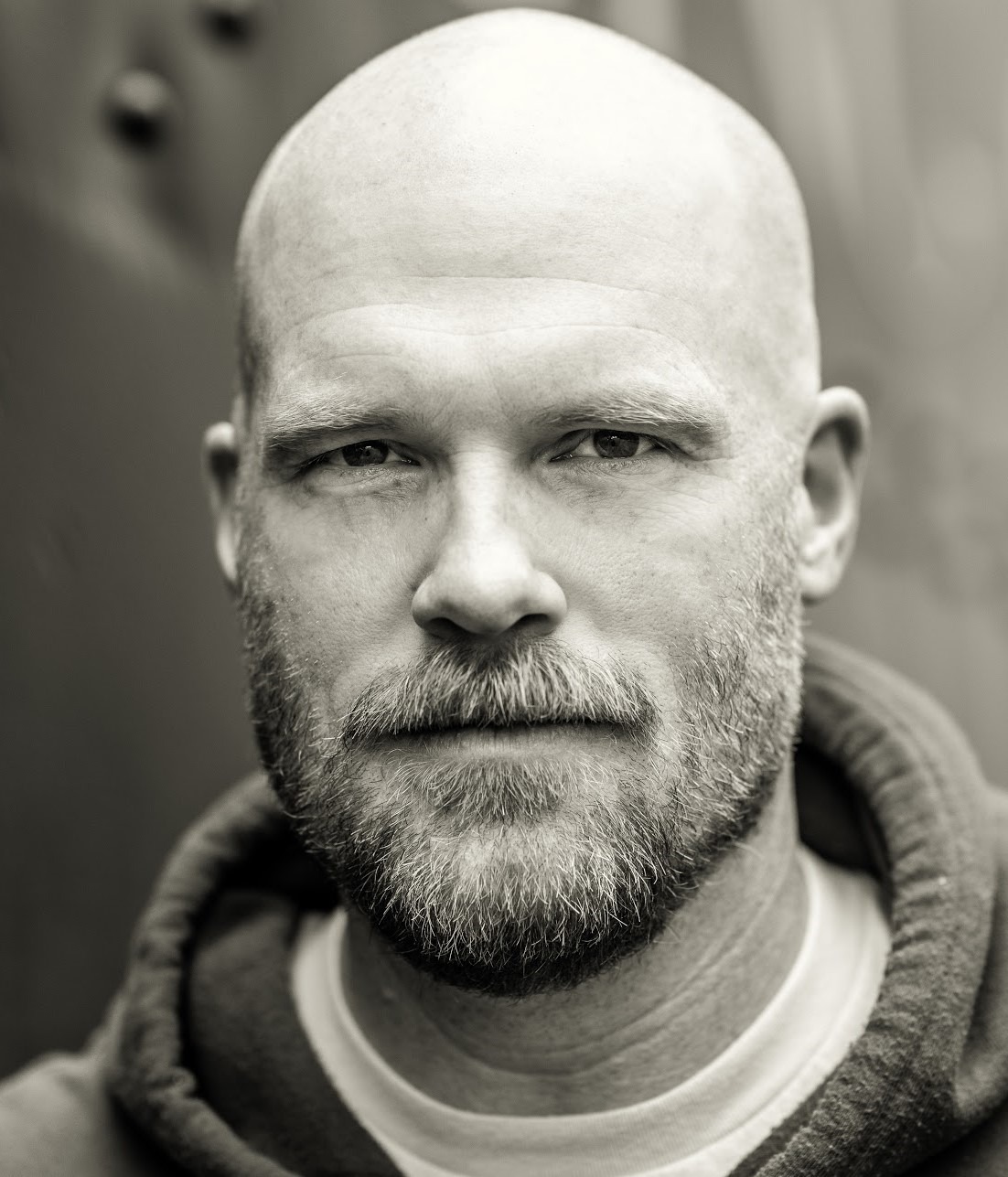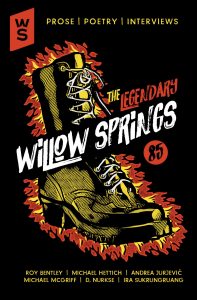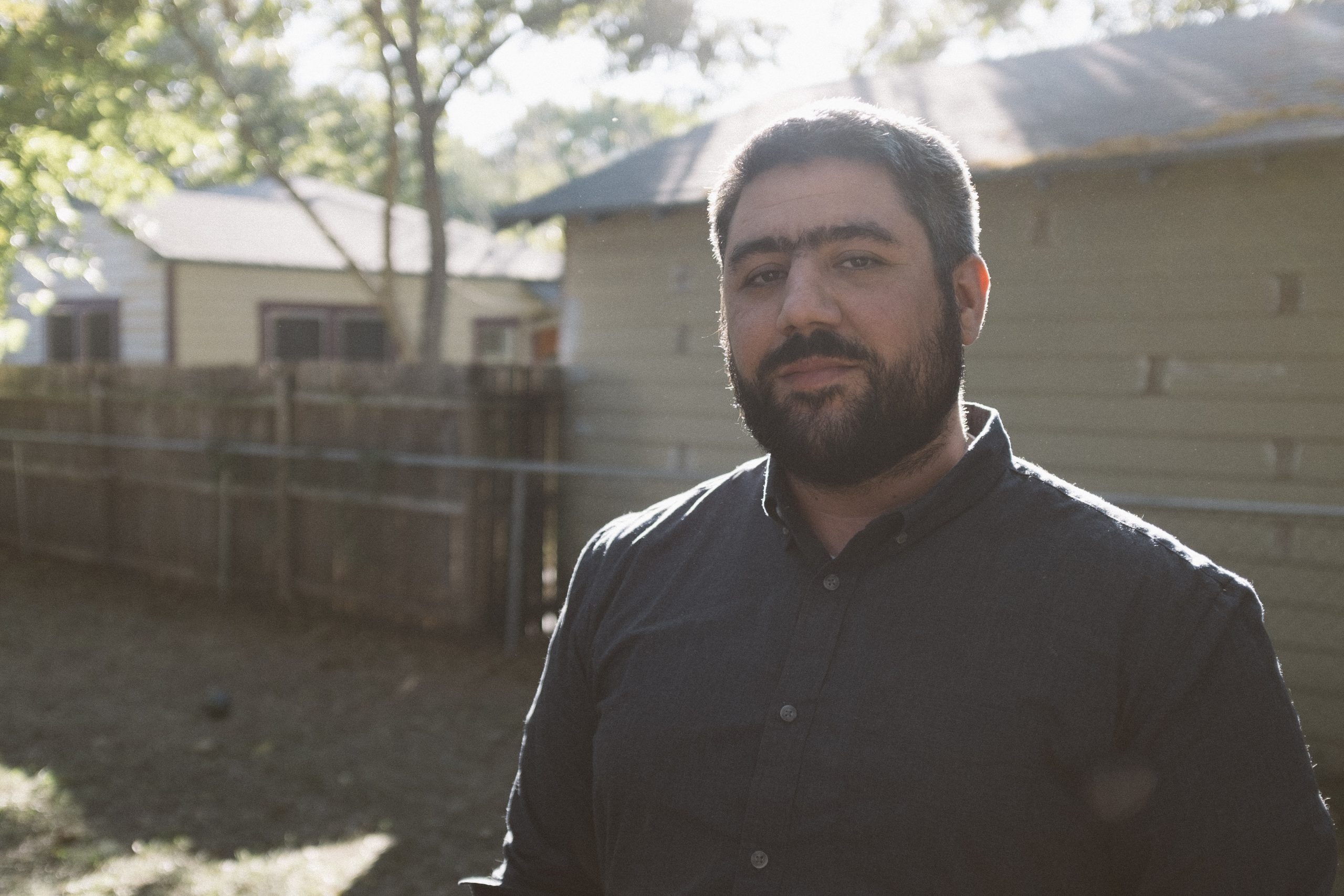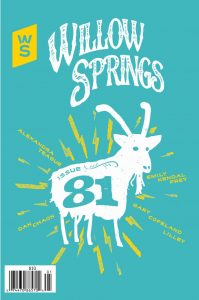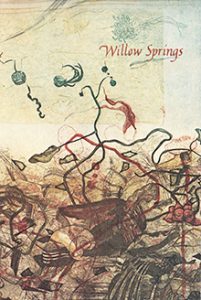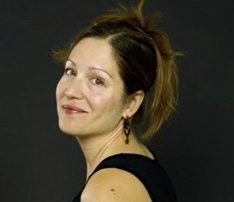
About Sonia Greenfield
Sonia Greenfield was born and raised in Peekskill, New York, and her book, Boy with a Halo at the Farmer’s Market, won the 2014 Codhill Poetry Prize. Her work has appeared in a variety of places, including in 2010 Best American Poetry, The Antioch Review, The Bellevue Literary Review, Cimarron Review, Cream City Review, The Massachusetts Review, Meridian, and Rattle. She lives with her husband and son in Los Angeles, California, where she edits the Rise Up Review and co-directs the Southern California Poetry Festival.
A Profile of the Author
Notes on “Bearing Witness”
I had been reading a lot of Larry Levis just before I wrote this poem, and I decided that it would be a good exercise to write what would be considered a long poem. Or, at least one that couldn’t be contained by a single sheet of paper. I had been trying to get at this topic in the past, but the poems were very piecemeal. I guess you could say that Levis showed me how a poem can be exploratory. In that regard, I wanted to explore what I see as the origins of dysfunction in both the town where I was raised—Peekskill, New York—and in my own family.
I believe my mother would be hurt by this poem, or would feel defensive, but I wanted the poem to absolve her of any errors she made as a mother. When I wrote “she’s only human,” I hope I made it clear that we’re all only human and, therefore, prone to mistakes, especially if prior family dysfunction basically sets one up to fail in one way or another. Something has to break the chains of dysfunction in a family, or the dysfunction gets handed down like a genetic mutation. So let me just say, “Sorry, mom,” and “I love you,” and “I’m glad you survived the shit you survived.”
Music, Food, Booze, Tattoos, Kittens, etc.
It must mean I have settled into a kind of adult maturity if I say that I just want to listen to Pink Martini and Elvis Costello all the time, but for good measure, and to keep me youthful, sprinkle in some EDM. I have a seven-year-old son, and I must admit that I’m trying to influence his musical tastes. However, he’s not that into Pink Martini. He’s more of an EDM kid.
This space feels pretty safe, so I’m going to just put it out there that I have a pretty serious cookie addiction, and I’m constantly surrounded by temptation. We have an unusual living arrangement: We live with an 89-year-old housemate who is in decline in many ways—memory, cognition, sight, hearing— but he still has a sense of taste and a fuck-all attitude when it comes to eating. Thus, we have a full cabinet of cookies: Oreos, Wally Amos Chocolate Chips, and tubs and tubs of Trader Joe’s cookies. Our 89-year-old consumes half his daily calories in cookies. And me? I have to have regular dialogues with my inner-addict. So I exercise and brush my teeth. A lot.
Actually, this train of thought has made me consider getting a tattoo of a cookie. For reals. I could add it to my small collection. There is the really messy-looking Kanji symbol for poetry on the back of my neck; the sea horses wrapping around my left arm; the illustration of femme fatales from Chandler’s The Big Sleep on my right calf, the enormous passion flower on my lower back (funny story: my husband couldn’t remember the term “tramp-stamp” and all he could come up with is “hag-tag”); and soon, I think, a tattoo of a chocolate chip cookie on my upper back. Because, really, why not?
Sorry, we couldn't find any posts. Please try a different search.
